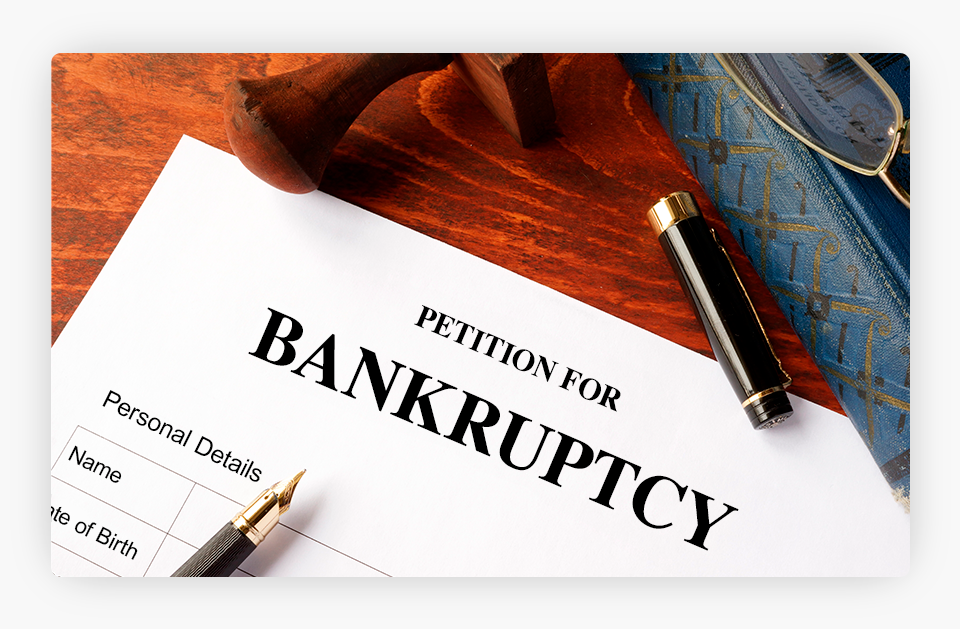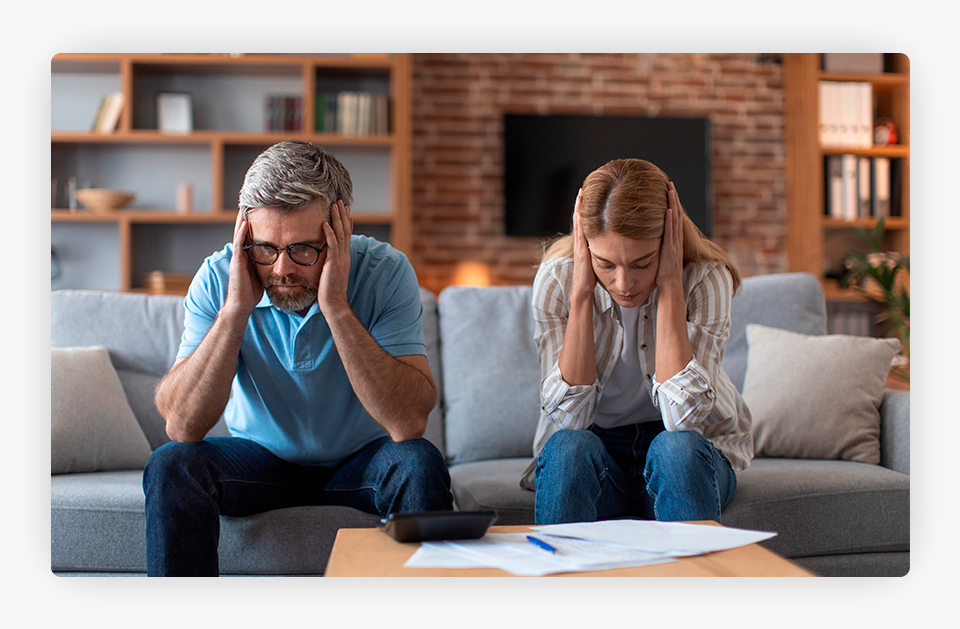We can’t send you updates from Justia Onward without your email.
Unsubscribe at any time.
Bankruptcy can give a debtor a chance to put their finances back together, but navigating the process is not always straightforward. The Bankruptcy Law Center in the Justia Legal Guides covers some basic considerations to keep in mind.
When debts pile up, a consumer or a business owner may feel that bankruptcy offers the best way to relieve the mounting stress. Filing for bankruptcy requires careful thought and planning, though. Before they embark on this journey, a debtor should learn more about what it involves. The Bankruptcy Law Center provided by Justia can serve as a reference. Below are some questions that a debtor may raise and that this section of the Justia Legal Guides addresses.

How Does Filing for Bankruptcy Protect a Debtor?
Filing for bankruptcy results in an automatic stay, which is a court order protecting a debtor. The stay generally requires creditors and debt collectors to stop pursuing a debtor to collect a debt. It also prevents them from filing a lien on the debtor’s property or garnishing their wages. This can significantly reduce the stress on a debtor. However, a creditor can ask the court to lift the stay in certain situations.
Are There Any Debts That Cannot Be Wiped Out?
Federal law lists certain categories of debts that generally cannot be discharged, which means that bankruptcy will not eliminate them in most situations. Some common examples of non-dischargeable debts include student loans, child and spousal support, fines and criminal restitution, and various tax debts. In contrast, forms of debt such as medical bills and credit card debt usually can be discharged through bankruptcy. There might be an exception if the consumer incurred the debt fraudulently.
What Is the Difference Between Chapter 7 and Chapter 13?
Chapter 7 is commonly known as a liquidation bankruptcy. This means that the bankruptcy trustee will collect any non-exempt assets of the debtor and sell them to pay off as much of their debt as possible. Many of these bankruptcies are no-asset cases, which means that all of the debtor’s property is exempt, and creditors cannot collect anything. On the other hand, Chapter 13 is often called a reorganization bankruptcy. A debtor will keep their property but must adhere to a repayment plan. They will need to pay back at least a significant amount of their debts in monthly payments over three to five years.
How Does a Debtor Qualify for Chapter 7?
A debtor generally must pass the means test to file under Chapter 7. (Narrow exceptions may apply to certain military service members or debt based on running a business.) They can pass the means test if their income is less than the median income in their state for a household of a similar size. Otherwise, a debtor will need to calculate their disposable income by subtracting certain types of monthly expenses. They can still pass the test if their disposable income is below a certain threshold.

How Do Bankruptcy Exemptions Work?
Each bankruptcy exemption usually applies to a certain type of property, such as a home or a motor vehicle, although there is often a wildcard exemption that can apply to any property. In a Chapter 7 bankruptcy, exemptions may allow a debtor to keep covered assets. In a Chapter 13 bankruptcy, exemptions may reduce the payments that a debtor must make under their monthly repayment plan. Each state has its own set of exemptions, and some states allow a debtor to choose a set of federal bankruptcy exemptions instead. Justia provides a 50-state survey of laws related to bankruptcy exemptions.
Can I Keep My Home in Bankruptcy?
If a debtor has a large amount of equity in their home, they may lose their home if they file under Chapter 7. To get a sense of this risk, they can calculate the fair market value of the home and subtract various items like the applicable homestead exemption, mortgages and liens, and the cost of selling the home. This will indicate whether selling the home would help pay off creditors. In contrast, a debtor who files under Chapter 13 likely can keep their home if they adhere to the terms of the repayment plan, which can integrate any mortgage debt.
Can I File for Bankruptcy if I Got a Discharge Before?
Yes, you can generally file again once a waiting period has passed. If you previously filed under Chapter 7, you can file under Chapter 7 again eight years later. If you previously filed under Chapter 13, you can file under Chapter 13 again two years later. A debtor also can file under Chapter 13 four years after they filed under Chapter 7, and they can usually file under Chapter 7 six years after they filed under Chapter 13.

Why Might a Creditor Object to a Discharge?
A creditor might object to the discharge of a specific debt that resulted from misconduct by the debtor before they filed for bankruptcy. For example, this might involve false statements on a loan application or a DUI that resulted in injuries. A creditor generally would not object to the bankruptcy filing in its entirety. These objections tend to arise from misconduct by the debtor when or after they filed, such as making false statements on the petition. A bankruptcy trustee might make this type of objection.
What Is Subchapter V of Chapter 11?
Chapter 11 is a form of bankruptcy generally used to reorganize a business through a restructuring plan. It allows a business to continue operating rather than liquidating its assets, which would happen if it filed under Chapter 7. However, Chapter 11 can impose significant costs and other burdens. Subchapter V streamlines the process, helping small businesses stay afloat. A business must have less than a specified amount of total secured and unsecured debt to qualify for Subchapter V. The CARES Act significantly increased the debt ceiling due to the COVID-19 pandemic, but this increase is set to expire next month.
What Are Some Alternatives to Bankruptcy?
Someone dealing with mounting debt may immediately think of bankruptcy as the solution, but they may have other options to consider. For example, a debtor might work out a repayment plan with a creditor or negotiate for a partial repayment. A creditor might prefer a partial repayment to a Chapter 7 filing, when they might not get paid at all. A debtor also might enlist a credit or debt counseling agency to create a debt management program, which could help the debtor avoid the negative credit impact of filing for bankruptcy.
Final Thoughts
The bankruptcy process can give a consumer or a business owner a path to a fresh financial start. However, it is not necessarily the right answer for every debtor. Someone considering this solution should consult a bankruptcy lawyer who can explain how it may work in their specific situation. In the meantime, the Bankruptcy Law Center provides a useful starting point for people who want to know more about the basics. Like the dozens of other Justia Legal Guides, it furthers our mission of making the law free and accessible to all.
Related Posts